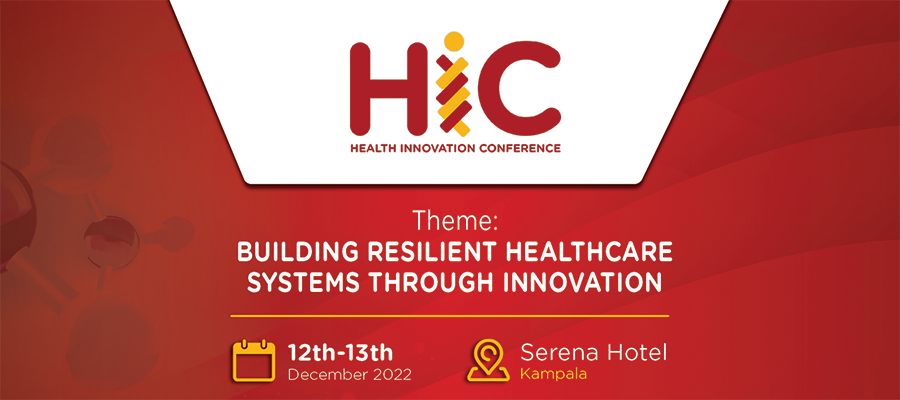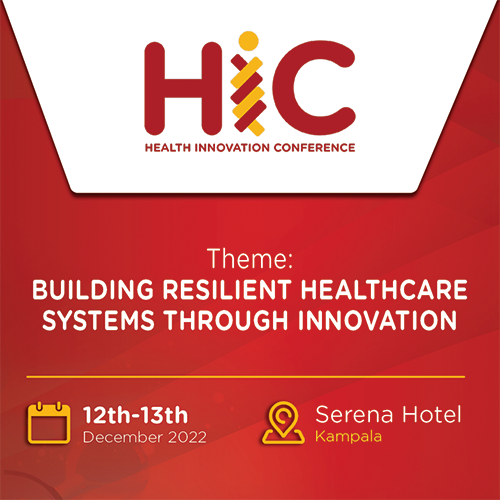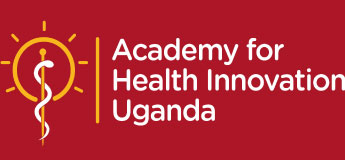


Data and bioinformatics and its possibilities for healthcare
Data in health sciences extends to medical records of an individual and it is treated as special personal data in Uganda. How it is collected, proceed, controlled, and managed (data governance) is important to know how it will be utilized and its value in the long-term perspective. Big data means the ability to collect massive amounts of data at tremendous speeds. In health care, this may mean, patient and hospital records, pharmaceutical data, and R&D. Big data can be leveraged to improve the efficiency of systems, identify potential risks in a health care delivery model, predict chances of cure, more accurately interpret health records and improve the quality of life for patients. For professionals, it can improve the quality of their service delivery and save resources within the system by helping them understand their patients and offer more accurate treatments.
In this track, we shall discuss and explore:
- What opportunities actually exist for data and bioinformatics in Africa?
- How can we harness data for the good of ‘everyone’ and not just a few elites?
- The ethics of algorithms in addressing diversity and inclusion in the era of big data
- Approaches to improving data quality and strengthening data systems
- Data access, protection, and privacy policy frameworks (data governance)
- Data integration and interoperability to support personalized health care and innovations
- How big data and AI are redefining clinical research, drugs, and vaccines development
